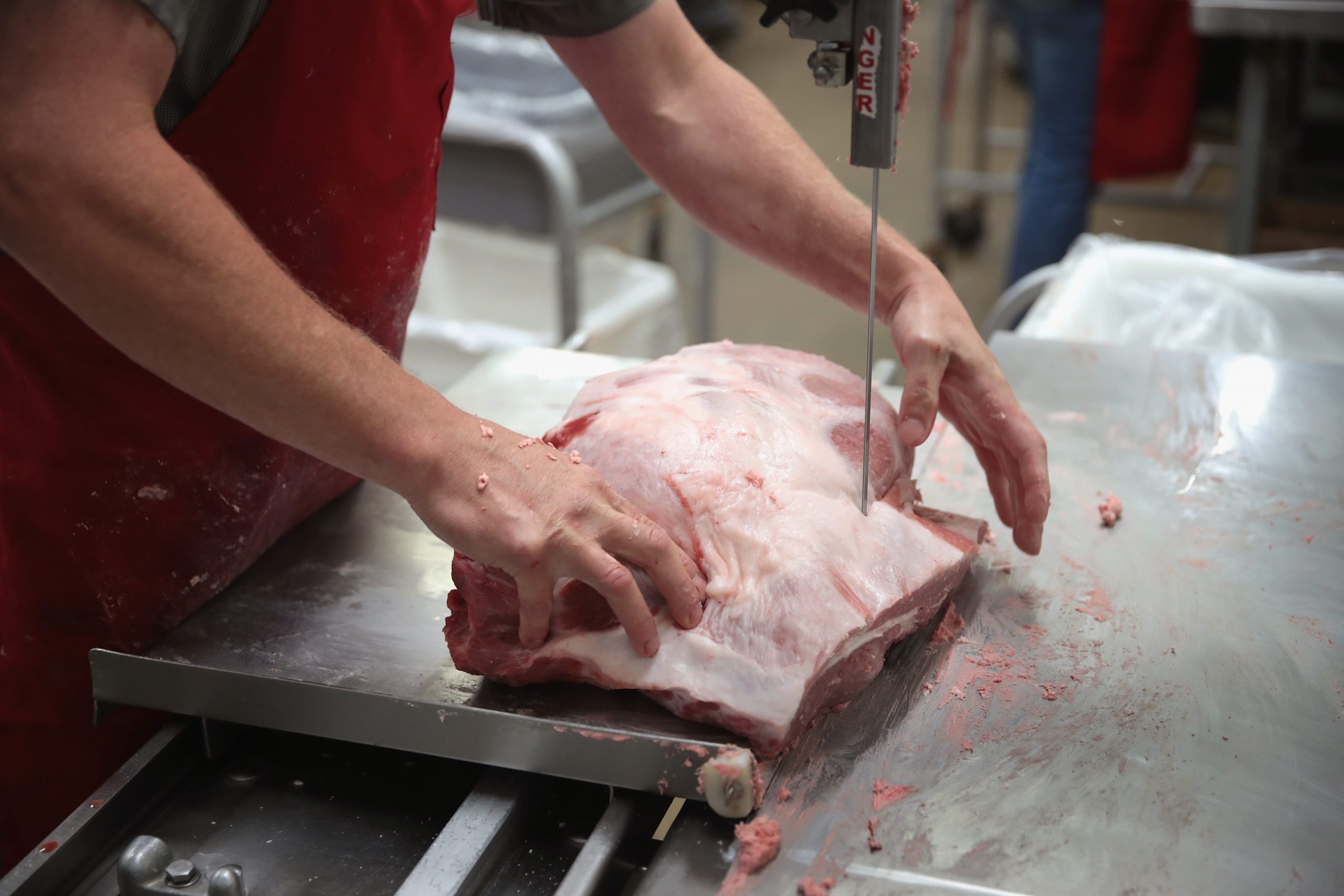The pork industry is doing all it can to avoid tapping on the processing brakes.
A federal district court ruling from late March will slow line speeds at pork processing plants on June 29 if left unchallenged. The court ruling came by way of the United Food and Commercial Workers Union, which cited worker safety as the reason for the ruling.
Pork producers are saying, “don’t slow our roll” because it would dramatically affect U.S. hog producers and especially hurt smaller producers – to the tune of more than $80 million in reduced income.
Really pork (g)rinding our gears. Iowa State University’s analysis shows the shift would cause a 2.5% loss in pork packing plant capacity and force plants to use more mandatory overtime.
Show me the data. Some plants have been operating with faster line speeds under a pilot project for years. They were processing 1,450 hogs per hour. The slower line speeds would max out at 1,106 hogs per hour. The Iowa State analysis predicts the fewer pigs going to market, the more backlog, which would drive prices down and hurt farmer profitability.
One example of that is at Seaboard Foods. They calculated that scaling back the line speeds would result in 126,000 excess market-weight hogs barreling out of the company’s production pipeline over the following ten months.
Where this goes: The National Pork Producers Council is urging USDA to intervene before the ruling takes effect at the end of June.

